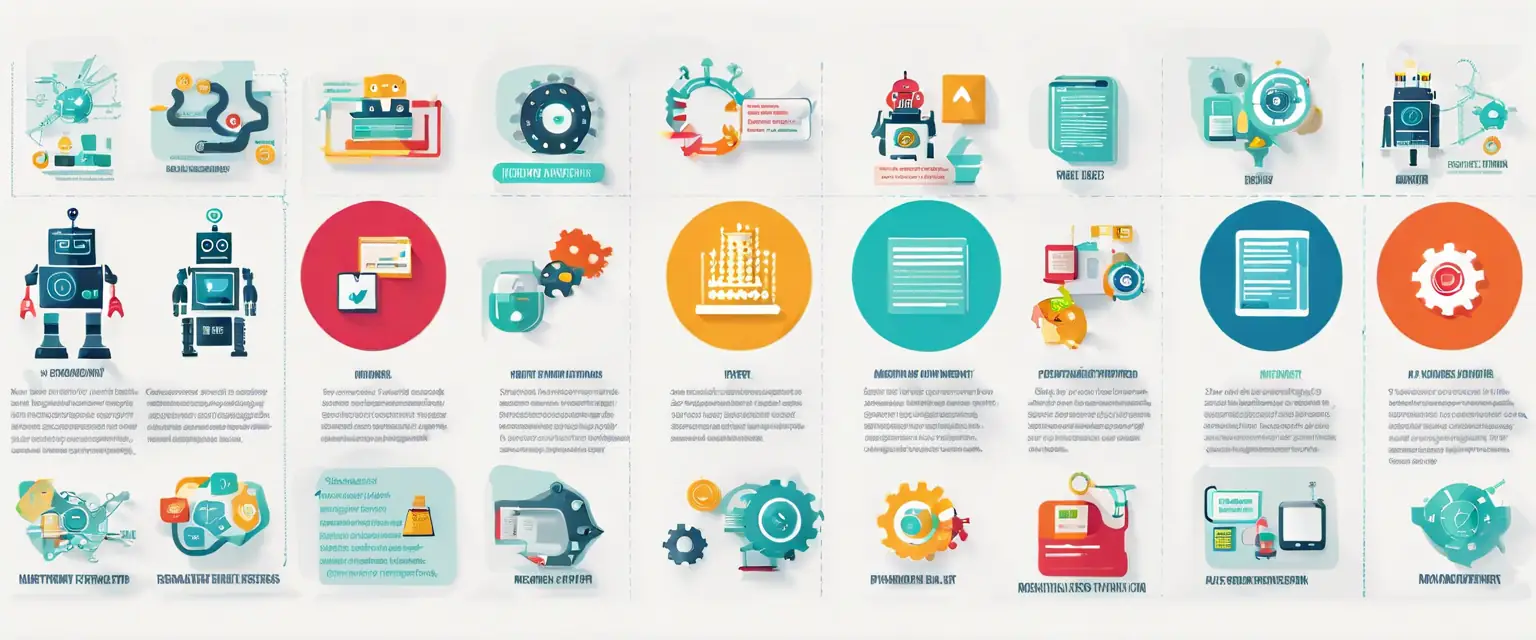Robotic Process Automation (RPA) is a technology that allows organizations to automate repetitive tasks, enhancing efficiency and accuracy. By deploying software robots, businesses can streamline workflows and reduce the burden on human employees. This technology is particularly beneficial for tasks that are rule-based and time-consuming, freeing up valuable resources for more strategic initiatives. As companies increasingly adopt RPA, understanding its core principles becomes essential for leveraging its full potential.
The implementation of RPA can lead to significant cost savings and improved productivity. Organizations that have embraced this technology report faster turnaround times and higher quality outputs. Moreover, RPA can be integrated with existing systems, making it a flexible solution for various industries. As businesses navigate the complexities of digital transformation, RPA stands out as a key enabler of operational excellence.
However, successful RPA implementation requires careful planning and execution. Companies must assess their current processes to identify suitable candidates for automation. Additionally, fostering a culture of change and continuous improvement is crucial for maximizing the benefits of RPA. By investing in training and support, organizations can ensure a smooth transition and long-term success in their automation journey.





